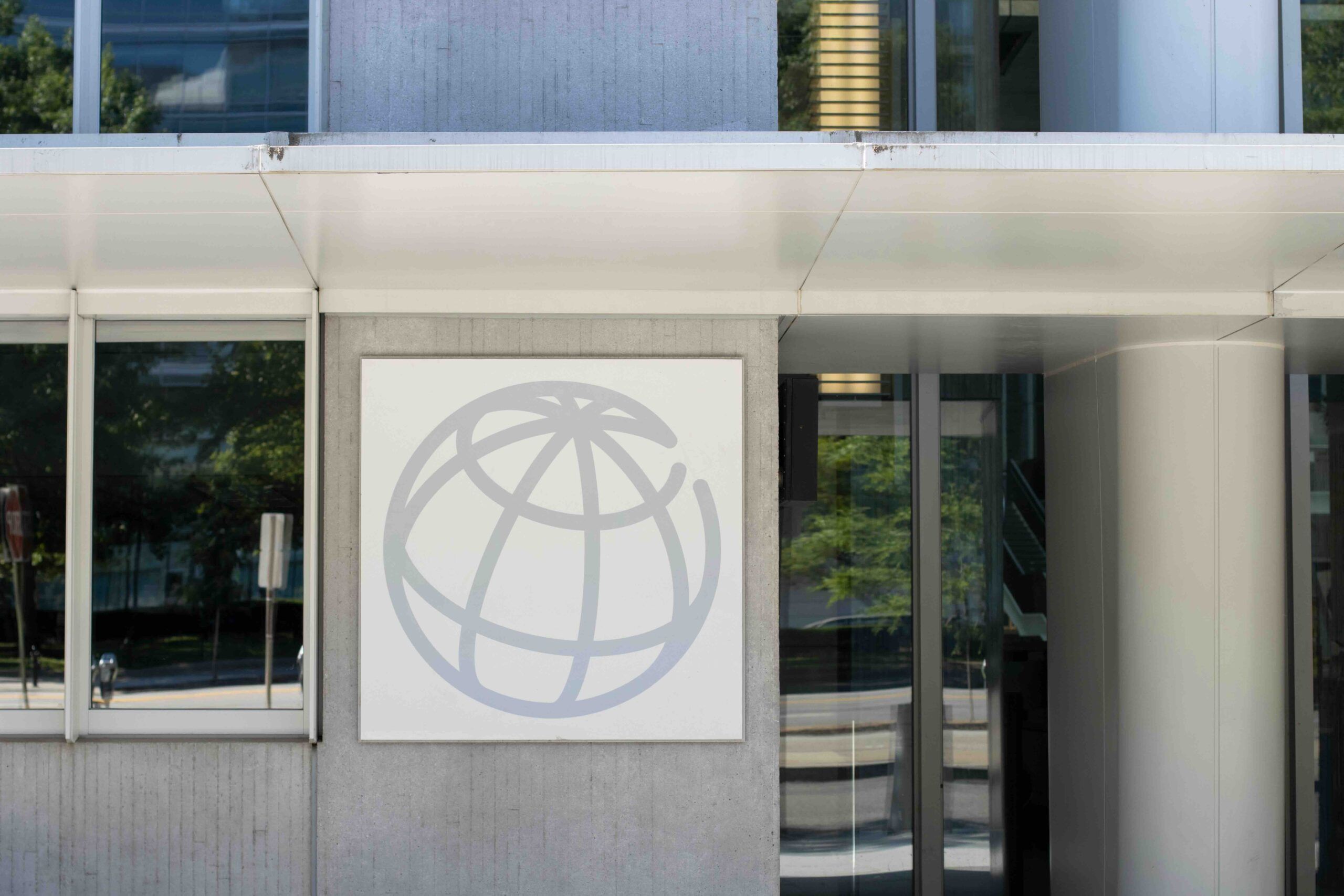
World Bank Fragility Forum 2024
Fragility, conflict, and violence (FCV) is a global challenge. By 2030, almost 60 percent of the world’s poor will live in countries classified as fragile and conflict-affected situations (FCS). Chronic instability, civil wars, the global shock of the pandemic, and continued climate disasters have created a complex landscape of intertwined risks, reversing hard-won development gains. Not only are these dynamics affecting people’s lives within these countries, but they also have destabilizing transboundary effects that compel all of us to think and act in new ways.
The Fragility Forum 2024 (FF2024), Adapting and Innovating in a Volatile World, will provide an opportunity for those working in and on FCV, including those in the development, humanitarian, government, civil society, private sector, research, and security communities, to exchange experiences, and examine the success and failures of developmental interventions in countries affected by fragility, conflict and violence. The aim is to learn lessons and seek adaptive and innovative approaches best suited to the fast, evolving global FCV landscape.
We’re looking forward to joining colleagues at the Fragility Forum in Washington D.C. Join in-person or follow us online at the following events to hear CIC experts discuss donor engagement in politically estranged contexts, conflict prevention, and strengthening collaboration between international financial institutions.
Programmatic Engagement in Politically Estranged Contexts: Opportunities and Risks (Session 2)
Tuesday, February 27, 2024 | 1:30-2:30 p.m. EST | Hosted by the United Nations (UN) Department of Political Affairs/ Peacebuilding Support Office (PBSO)
Such contexts are often fraught with challenges, both of principle and practical delivery. International partners must often adjust their approaches and manage new risks in order to maintain the ability to deliver humanitarian and development assistance to those in need. This panel explores how approaches are evolving, and asks how international efforts can best support the humanitarian and development needs of the population as well as help to sustain peace.
- Elizabeth Spehar, Assistant Secretary-General for Peacebuilding Support Office, DPPA, UN Secretariat
- Fatima Kyari Mohammed, Permanent Observer, African Union to the UN
- Sarah Cliffe, Executive Director. NYU Center on International Cooperation
-
Abdallah Al Dardari, Assistant Secretary-General and Director of the Regional Bureau for Arab States United Nations Development Programme (UNDP)
- Mariam Safi, Co-Founder, Organization for Policy Research and Development Studies (DROPS) for Afghanistan
- Maimouna Mbow Fam, Manager, Fragility, Conflict and Violence, World Bank
Prevention as a System: How can we do better on conflict prevention? (Session 29)
Thursday, February 29, 2024 | 2:45-3:45 p.m. EST | Hosted by the NYU Center on International Cooperation
While the economic returns of investing in prevention are well-understood, there is a strong sense that our collective efforts are falling short as the international community struggles to deploy resources that effectively support prevention. Improved efforts towards prevention will require a systematic approach that aligns incentives across local and international actors around multi-disciplinary approaches. What can we say has worked? What remains to be done and what are the key questions going forward? How can we design better partnerships and adaptive approaches?
- Sarah Cliffe, Executive Director. NYU Center on International Cooperation (moderator)
- Kenyeh Barlay, Chair of g7+, Minister of Planning and Economic Development, Sierra Leone
-
Pablo de Greiff, Senior Fellow and Director of the Prevention Project at the Center for Human Rights and Global Justice of the School of Law at NYU
-
Martin Kimani, Kenya’s Permanent Representative to the United Nations
-
Vasu Gounden, Founder and Executive Director, ACCORD
Building partnerships across the HDP nexus to ensure social protection meets basic needs and protects human capital in conflict-affected settings (Partners Day)
Friday, March 1, 2024 | 11 a.m. to 12:30 p.m. EST | Hosted by the United Kingdom Foreign, Commonwealth and Development Office and United States Agency for International Development
Innovative Solutions and Approaches for Implementation in Insecure Contexts (Partners Day)
Friday, March 1, 2024 | 1-2 p.m. EST | Hosted by the African Development Bank and the International Committee of the Red Cross | Room MC6-100 (in-person only)
Deepening Collaboration between Security, Peace and Development Actors (Partners Day)
Friday, March 1, 2024 | 2:30-3:30 p.m. EST | Hosted by the NYU Center on International Cooperation, United Nations Department of Peace Operations, Office of Rule of Law and Security Institutions, Security Sector Reform Unit
This session will use the upcoming NYU-CIC study, “Strengthening UN and WBG collaboration in Security and Justice Sectors Reform and Governance”, as a starting point for a broader discussion on the range and nature of the partnerships necessary to support successful security and justice sector reform. It will specifically seek to: (i) demonstrate why development, peace and security partnerships in Security and Justice Sectors Reform and Governance are critical to address FCV drivers and foster resilience in complex environments; (ii) share experiences and lessons learned from the engagement of the UN and multilateral development banks in support to security and justice sector reforms in FCV settings; (iii) provide recommendations on opportunities and entry points to deepen collaboration and support for nationally owned reforms of security and justice institutions in FCV-affected settings.
Speaker
- Sarah Cliffe, Executive Director, NYU Center on International Cooperation
Panelists:
- Abdoul Salam Bello, IBRD/IFC/IDA Executive Director for the Africa Group II at the World Bank Group Board of Directors
- Katy Thompson, Head of Rule of Law, Security, and Human Rights, Crisis Bureau, UNDP
- World Bank representative: (TBC)
- Habib Ur Rehman Mayar, Deputy General Secretary of the g7+ Secretariat
- Rodrigo Serrano-Berthet, Principal Specialist, Citizen Security and Justice, Interamerican Development Bank
Photo: “The World Bank Group logo is seen at the entrance to its headquarters in Washington, DC.,” ©Adobe Stock/Tada Images
Stay Connected
Subscribe to our newsletter and receive regular updates on our latest events, analysis, and resources.
"*" indicates required fields